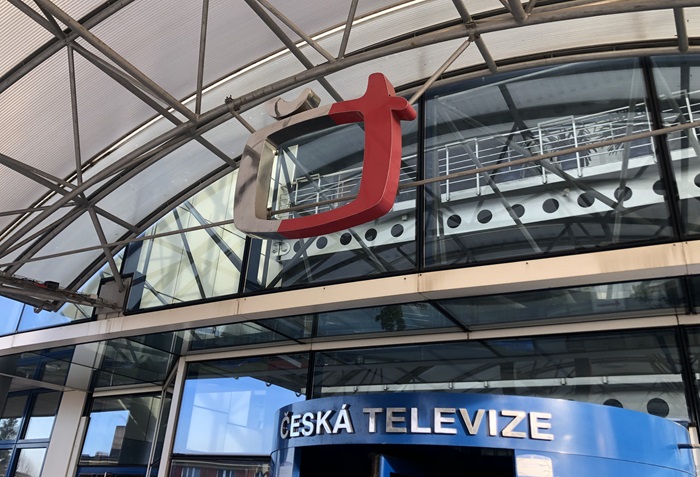The working committees for the preparation of amendments to the Act on Czech Television, the Act on Czech Radio and the Act on Radio and Television Fees, which were established under the auspices of the Ministry of Culture, are looking for an acceptable solution for the future arrangement of the media market with the existence of both public service and commercial media. The two working commissions, one for television broadcasting and the other for radio broadcasting, include representatives of the Czech Television, the Czech Radio, private television and radio stations, representatives of private press publishers and online operators, as well as representatives of the Ministry of Culture. The representatives are not commenting on the current state of the negotiations and the progress of the preparations for the forthcoming amendment at the moment. However, the reaction of Jan Souček, the director general of CT, at Wednesday's meeting of the CT Council showed that the ideas of commercial players associated in the Association of Commercial Television (AKTV) on how the future laws should be worded differ significantly from the view of the CT management.
"The ACPV's ideas, which were circulated to the participants during the commission meetings, were far beyond what the CT management can imagine as the future regulation of CT's activities. Among other things, because the association's proposals are aimed at parametric definition of the TV activity, which, if included in the law, may in the future tie up TV for 15 years or more, and is very impractical," said Jan Souček when asked by CT councillor Ivana Chmel Dencheva. He himself would not talk about the course of the negotiations, as he had already predicted in the introduction that "publishing the intermediate stages will not benefit the outcome of the negotiations".
Will there be a memorandum for the public service?
However, the Director General of Czech Television then added that he could perhaps mention a certain interim result, which is the debate on an accompanying document, a kind of memorandum or charter that would complement the Czech Television Act. This document would define more precisely the role of public service television and how it is to be fulfilled by CT in a specific time period of approximately five years (now for the period 2025-2029). "The subject of the discussion is whether the parametric specification of the activities of public service television for a period of approximately five years could be included in this memorandum," Souček told a meeting of the CT Council. This memorandum would then be regularly renewed for the next period.
According to Jan Souček, Czech Television has already delivered its idea of the memorandum to its partners in the commissions and is waiting for their reaction. According to Souček, discussions on the form of the memorandum should reach the final stage in the first third of March. Souček did not disclose the content of the draft memorandum from the CT side. The Association of Commercial Television (AKTV), which represents the most important commercial TV operators, has not yet made its ideas public.
What do the commercial players want and what does CT want?
According to MediaGuru.cz, the draft texts of the memorandum from CT and the commercial entities differ on several points. They agree, for example, that CT should primarily offer content that is complementary to that of commercial TV and that it should focus on audience groups that are only touched by commercial broadcasters to a limited extent or not at all (e.g. seniors, children, young families, ethnic minorities, etc.). It is envisaged that these programmes for smaller audiences should account for 30% of CT's airtime.
Both CT and commercial broadcasters emphasise the role of news in Czech Television's programming and specifically regional news.
Greater discussions can be expected regarding the broadcasting of entertainment on CT, sports coverage, the use of iBroadcasting or access to the Czech Television archive. Commercial players, according to our information, imagine that CT should not, for example, broadcast the same sporting events that are presented by commercial television and, with the exception of the Olympic Games, should not compete for sports rights. According to the commercial players, the premieres of entertainment programmes on CT should be limited and in the case of the iBroadcasting service they propose to restrict access to programmes that have not been broadcast in linear broadcasting in the last six months. There are also different ideas regarding access to the CT archive.
The commercial broadcasters' ideas are also aimed at regulating sponsorship and commercial communications in CT broadcasts. They propose to reduce the income from barter, sponsorship and product placement several times compared to the current level.
However, what the final wording of the memorandum will be and what the media market representatives will agree on, and whether they will agree, should be clearer by mid-March. At the same time, the question is what level of TV (and radio) fees will be incorporated into the draft amendments to the laws.
Czech Television is also preparing for a situation in which there is no increase in the TV fee. The material that will summarise the Czech Television's procedure in case of non-approval of the increase in the TV fee will be discussed by the Czech Television's management with the Council of the Czech Television before the end of March.
Source: mediaguru.cz

